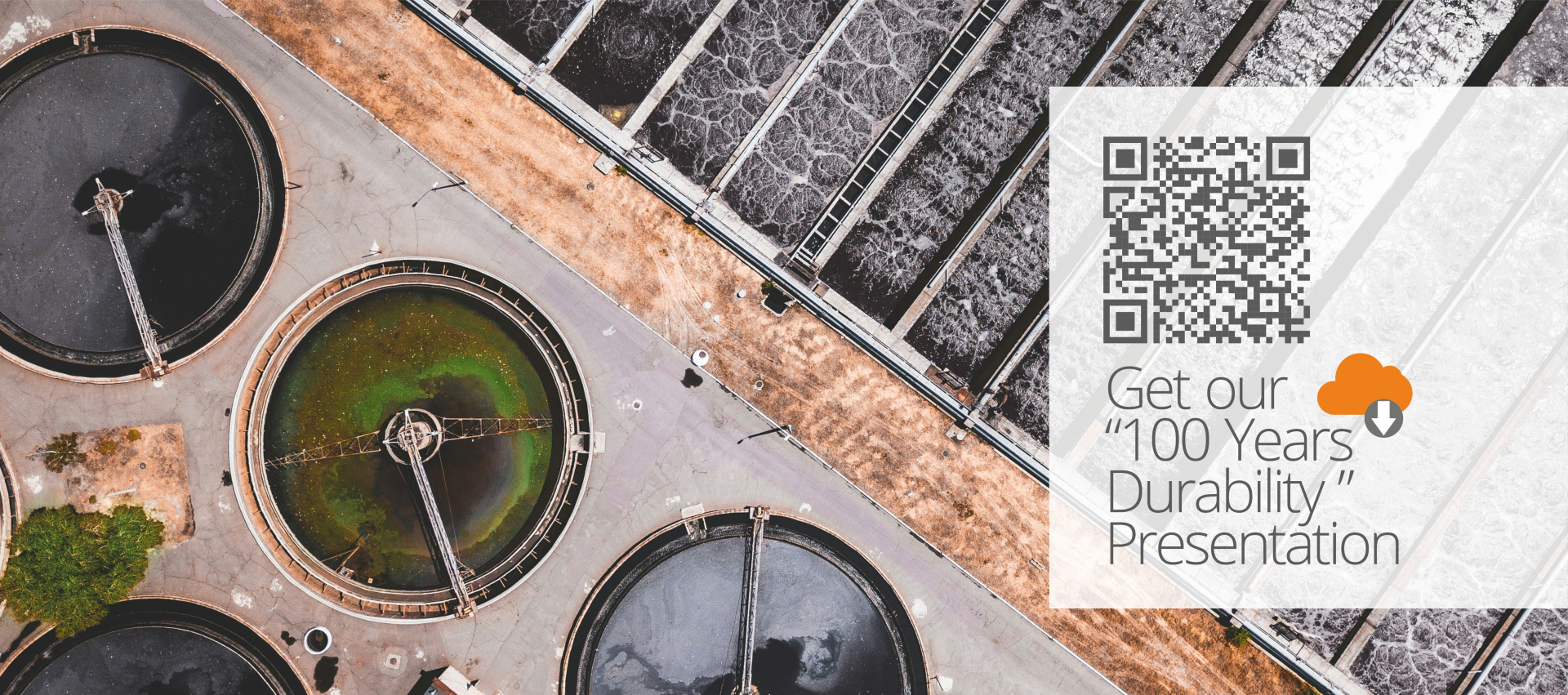
ANTISEISMIC Wrap
solidian ANTISEISMIC Wrap è un tessuto in fibra di carbonio unidirezionale progettato per rinforzare e rafforzare gli elementi strutturali esistenti nei sistemi in polimero rinforzato con fibre (FRP).
Questo tessuto offre una resistenza alla trazione e una durevolezza eccezionali, rendendolo ideale per applicazioni di adeguamento sismico in cui sono essenziali maggiore stabilità e integrità strutturale. solidian ANTISEISMIC Wrap fornisce un rinforzo efficace per calcestruzzo, muratura e altri componenti strutturali, aiutando a prevenire danni durante gli eventi sismici.
Product Features
- Tessuto in carbonio unidirezionale: fornisce un rinforzo mirato in una direzione, ideale per applicazioni specifiche di carico.
- Elevata resistenza alla trazione: fornisce una resistenza superiore alle forze sismiche, migliorando la stabilità strutturale degli elementi riadattati.
- Leggero e flessibile: si adatta facilmente a varie forme e superfici, semplificando il processo di applicazione.
- Resistente alla corrosione: offre una durata a lungo termine senza il rischio di corrosione, adatto sia per ambienti interni che esterni.
- Facile applicazione: può essere installato direttamente su strutture esistenti, consentendo un rinforzo rapido ed efficiente con una minima interruzione.
- Sviluppato e testato internamente: progettato e testato internamente per la massima durata e prestazioni.
rinforzi per le generazioni future
Product Applications
Ideale per l'adeguamento sismico nei sistemi FRP
solidian ANTISEISMIC Wrap è progettato per il rinforzo sismico di strutture esistenti, rendendolo adatto per:
Colonne e travi in calcestruzzo: rafforza gli elementi portanti primari per migliorare la resilienza sismica.
Pareti in muratura: aggiunge integrità strutturale alle pareti negli edifici situati in zone sismiche.
Adeguamenti di ponti e infrastrutture: migliora la durata e la stabilità degli elementi infrastrutturali esposti all'attività sismica.
Questo tessuto in carbonio è essenziale per i sistemi FRP nell'adeguamento sismico, assicurando che gli elementi strutturali critici rimangano intatti durante gli eventi sismici.
- Performance Enhancement
- Handling and Logistics
- Compliance and Compatibility
- Application and Installation
- Durability and Resistance
- Sustainability and Environmental Impact
- Is solidian GRID suitable for replacing corroded steel reinforcement?
- How does solidian GRID contribute to system durability when used with mortars?
- Can solidian GRID conform to curved surfaces during installation?
- How does the weight of solidian GRID affect transportation and installation?
- Is there an Environmental Product Declaration available for solidian GRID and solidian REBAR?
- Has solidian GRID received official building approvals?
- With which types of binders is solidian GRID compatible?
- Is solidian GRID approved for use in standard concrete applications?
- What is the minimum thickness required for concrete layers using solidian GRID?
- Can solidian GRID be used to reinforce existing concrete structures?
- What is the expected lifespan of solidian GRID in wastewater applications?
- How does solidian GRID perform in acidic environments?
- How does solidian GRID contribute to sustainable construction?
- Resource efficiency: By minimizing the need for extra concrete cover, solidian GRID conserves materials such as cement and aggregates, contributing to resource efficiency.
- Environmental Product Declarations (EPDs): solidian provides transparent data on the environmental impact of their products through EPDs, facilitating informed decision-making for sustainable building projects.
Solidian Kelteks - Reduced CO₂ emissions: The use of solidian GRID in construction can lead to significant reductions in CO₂ emissions due to decreased material usage and enhanced durability, which extends the lifespan of structures and reduces the need for repairs.
domande frequenti domande
Yes, in cases where steel reinforcement has corroded, solidian GRID can serve as a substitute for structural reinforcement. The existing corroded steel can remain in place and be covered with a new layer of carbon-reinforced mortar, restoring structural integrity.
When combined with high-quality mortars, solidian GRID significantly enhances the overall durability of the system, providing a robust solution for demanding environments.
Yes, solidian GRID strikes a balance between stiffness and flexibility, allowing it to be applied to curved surfaces with diameters greater than 800mm.
The lightweight nature of solidian GRID facilitates easy transportation, even through sewage tunnels, and simplifies the installation process, reducing labor and equipment requirements.
Yes, a certified Environmental Product Declaration (EPD) is available for both solidian GRID and solidian REBAR. The EPD provides transparent and verified information about the environmental impact of these products throughout their life cycle, supporting sustainability assessments in construction projects.
Yes, solidian GRID has obtained the General Building Approval (abZ) from the German Institute for Building Technology (DIBt). This approval authorizes its use as carbon reinforcement grids in construction, ensuring compliance with national building standards.
solidian GRID is versatile and works with a range of binders, including Portland Cement, Calcium Aluminate Cements, and Geopolymer Cements.
solidian GRID holds German Approval as reinforcement for EN 206 concretes, supporting its compatibility with various mortar systems, including those adhering to DIN 19573.
Concrete layers reinforced with solidian GRID can be as thin as 20mm, as no additional concrete cover is needed to protect the reinforcement from corrosion.
Yes, solidian GRID can be applied as an additional layer over existing steel-reinforced concrete. When combined with solidian ANTICRACK, it offers enhanced crack-limiting properties, providing extra protection to the underlying steel reinforcement.
Classified under XWW4, solidian GRID ensures long-term performance for over 50 years, making it a durable choice for long-term infrastructure projects.
solidian GRID is fully resistant to severe acidic conditions, including environments with pH levels as low as 0. It has successfully passed tests in accordance with DIN 19573 standards for pH 0 and pH 1.
solidian GRID enables the design of thinner concrete layers (greater than 20mm) without requiring additional concrete cover for reinforcement protection. This reduction in material usage leads to lower resource consumption and a diminished environmental footprint, supporting more sustainable construction practices.
Additional information:


